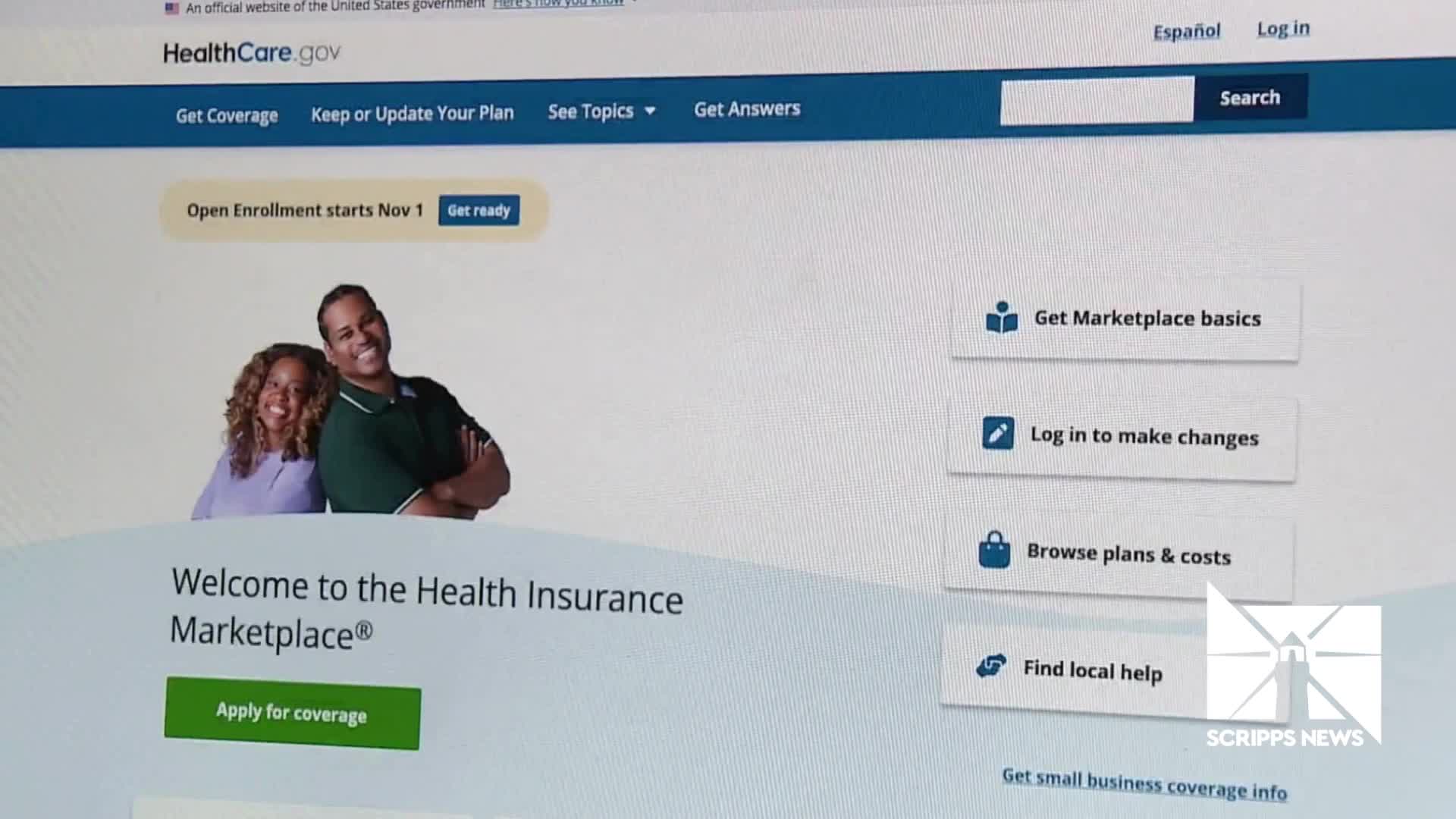As open enrollment approaches, consumers can expect significant increases in health insurance premiums, impacting their choices for coverage. The window for securing health plans, which typically occurs annually, has raised concerns among many, particularly regarding affordability.
A recent survey conducted by the Kaiser Family Foundation (KFF) indicates that premiums for plans offered under the Affordable Care Act (ACA) could rise by approximately 18% in 2026. This increase would follow a 7% rise in 2025. Furthermore, if federal subsidies for these plans expire at the end of December, consumers could face an astonishing 75% hike in their insurance costs.
Many individuals, including a retired volunteer who relies on Marketplace insurance intermittently, are voicing their concerns. She emphasized, “Medical care should be a basic human right. I don’t have it consistently. So having this as a safety net for people is very important.”
Economic Pressures and Consumer Choices
Health care costs have outpaced inflation, according to Chris Garmon, an associate professor of health administration at the University of Missouri-Kansas City. Garmon explained that the potential loss of subsidies would place additional financial burdens on insurers, leading to higher premiums for consumers. “As people lose their subsidies, those who are healthy will probably gamble and say, ‘Do I really want to pay all that increase?'” he noted.
The pressures are not limited to individual plans. A survey by Mercer, a consulting firm, suggests that employer-sponsored health insurance could also experience notable increases, with employers projecting a 9% rise in 2026, marking the highest increase in over 15 years.
Melissa Holthaus, vice president of total rewards and P&C operations at H&R Block, stressed the importance of affordability in health insurance decisions. “Just that consumer mindset around it, that you can find the same type of good quality care, but you may find it cheaper someplace else,” Holthaus said.
Strategies for Consumers
As the enrollment period approaches, employees and consumers are encouraged to explore their options thoroughly. Holthaus recommends several strategies to help individuals make informed choices:
– Research which plans are best for your specific needs.
– Investigate whether you can enroll in a Health Savings Account (HSA) or Flexible Spending Account (FSA).
– Keep up with preventative care to avoid more significant health issues later.
The retired volunteer echoed concerns about the rising costs, stating, “People will get sicker, and it will cost everybody that much more.” With the enrollment deadline looming, consumers are urged to act swiftly to secure the best possible health coverage amidst these anticipated price increases.
This article was based on reporting by Elyse Schoenig from the Scripps News Group in Kansas City, with editorial verification by our team to ensure fairness and accuracy.
